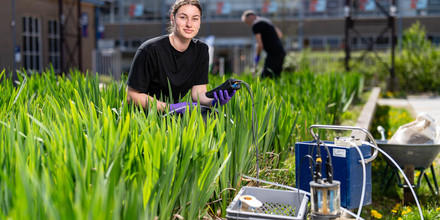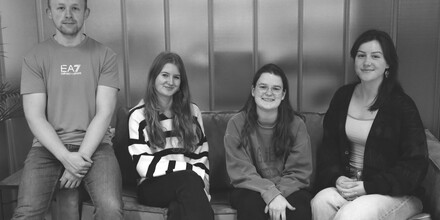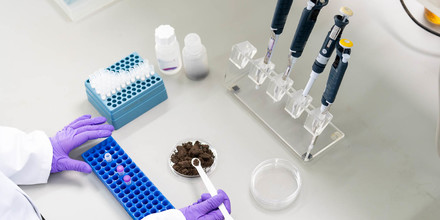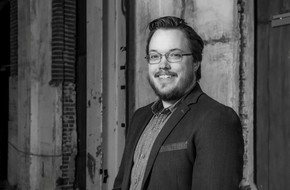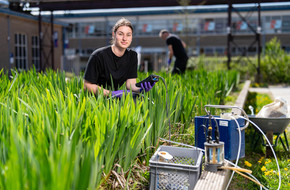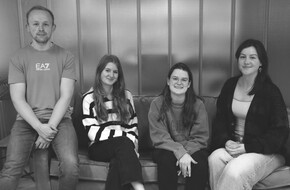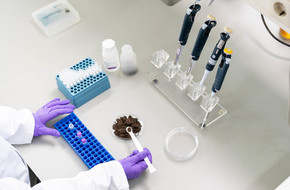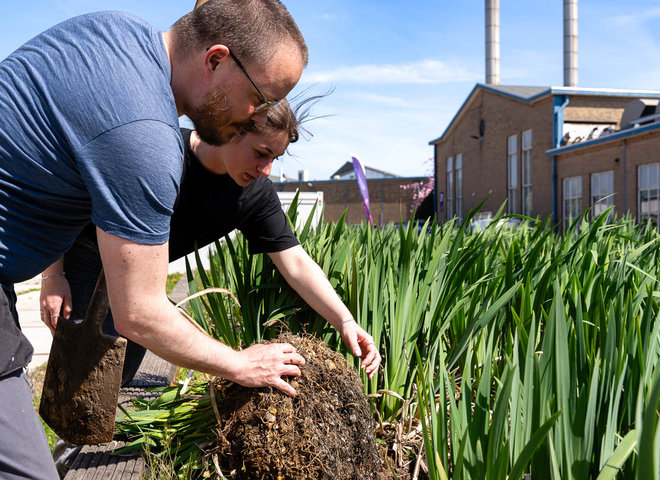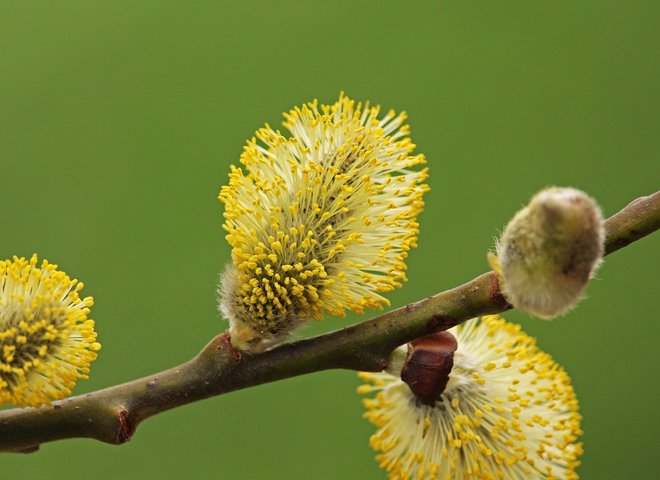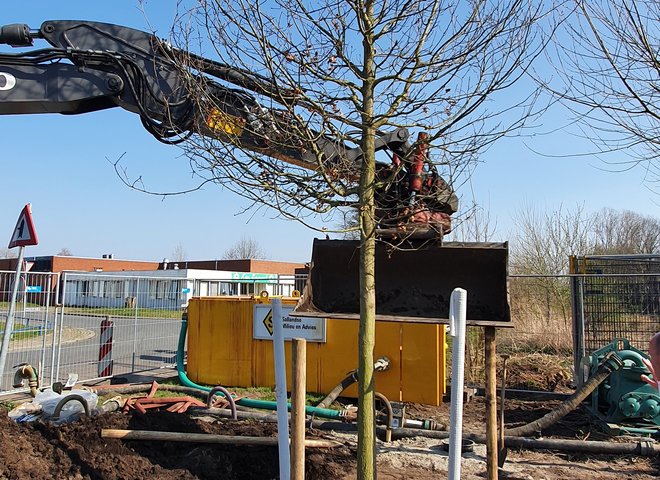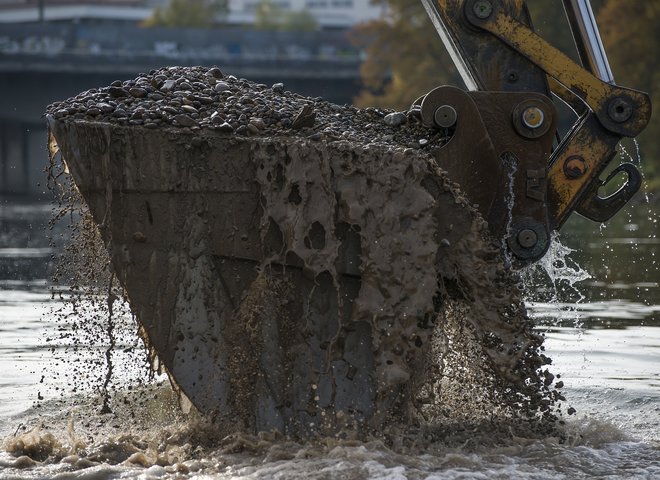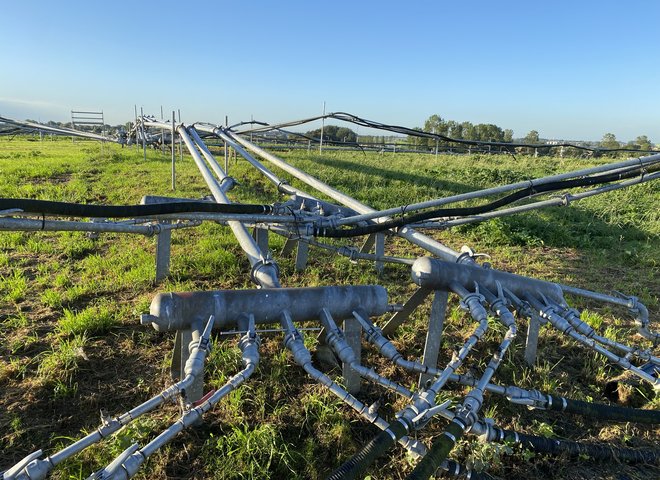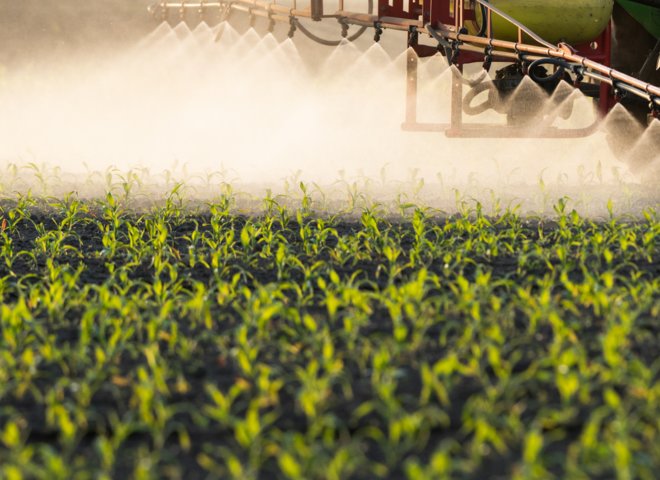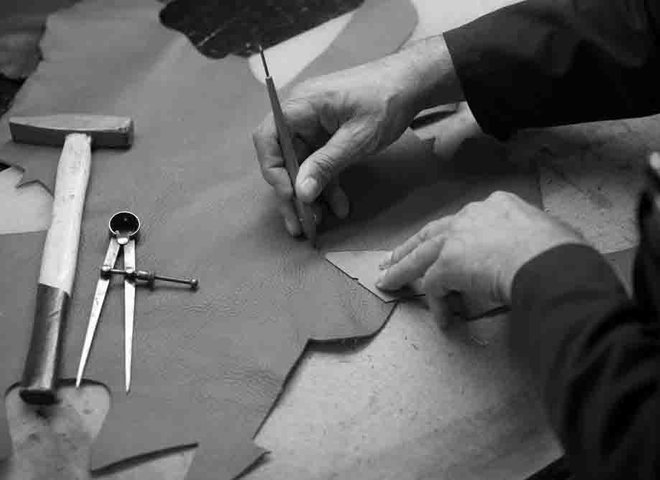Meanwhile, a pilot project has been started to test the bio-regeneration of full-scale granular activated carbon filtration with representative washing water, which not only contains metribuzin. For this purpose, 3000 litres of rinse water were collected with agents used in, among others, potato and flower bulb cultivation. The rinse water was analysed to determine which substances and concentrations we were dealing with. Furthermore, we were able to find a suitable test location at an agricultural contractor to test the system.
What are the advantages of this system?

When using a traditional activated carbon filter, the filter pack needs to be replaced approximately once a year. The prognosis is that with a bioregenerative GAC filter this will only be necessary once every 5 to 10 years. That is a huge cost reduction. An additional advantage is that less water needs to be used because the purified water can be reused to clean equipment.
This research has been made possible thanks to LTO Noord and the Union of Water Boards' Emission Reduction Budget for Open Crops and Livestock Farming.


